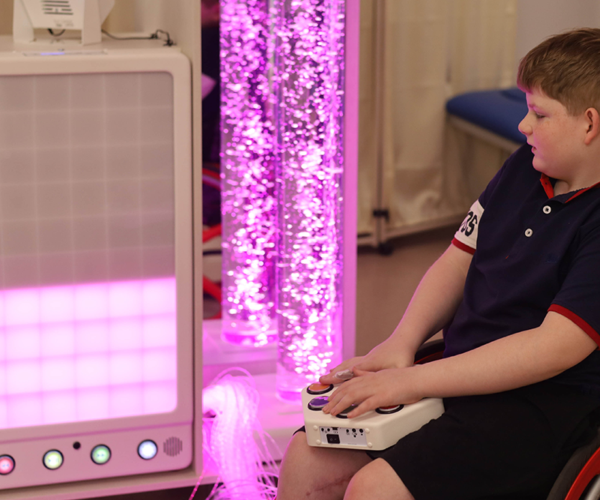Type 1 diabetes (T1D) affects more than 125,000 Australians with approximately 1 in 480 children, adolescents, and young adults aged 0-19 living with type 1 diabetes in 2020. Currently, once diagnosed, T1D is an incurable lifelong disease.
In a recent study led by Dr Megan Penno, supported by the WCH Foundation, an investigation was conducted into the development of dysglycaemia (abnormally fluctuating glucose levels) using continuous glucose monitoring (CGM) in very young children being followed in the ENDIA (Environmental Determinants of Islet Autoimmunity). ENDIA is the first study in the world to explore how environmental exposures from pregnancy through early life may contribute to, or protect against, the development of childhood T1D.
Our study is the first of its kind characterising changes in glucose patterns using CGM prior to the clinical onset of T1D in children aged one to seven years at increased risk of the disease. The study is providing new knowledge as to when glucose levels are changing and it is important to understand this process in very young children as they often don’t present with classical symptoms until the condition has progressed to diabetic ketoacidosis (DKA).
DKA is associated with long-term complications of T1D. The findings of our study will be instrumental in developing management plans for the growing number of young children at risk of developing T1D.

Study participant, Lawrence, using CGM.
For individual children, the use of serial CGM in the ENDIA study is already helping to inform caregivers about their child’s metabolic progression towards clinical T1D. Identifying unknown glucose changes will result in early detection of hyperglycemia, and hence earlier diagnosis of T1D, which will reduce the risk of presenting with diabetic ketoacidosis (DKA). It is also likely that this will reduce the length of hospitalisation at the time of diagnosis and reduce the family trauma of being diagnosed with T1D.
Longer-term, linking the outcomes of this study with other ENDIA data will enable researchers to comprehensively evaluate factors that influence glucose control to devise new strategies to delay or even reverse the loss of insulin production. This study’s findings are particularly relevant in the current context of moving towards general population screening for T1D risk.




